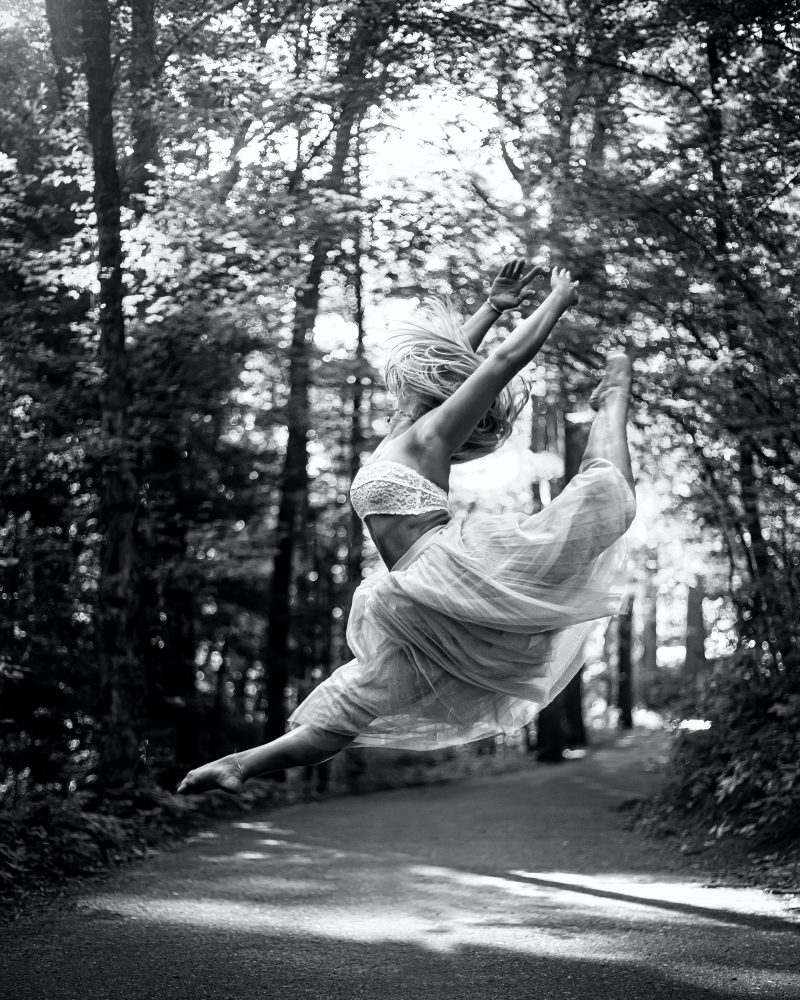According to the yoga tradition, we have four types of desire called the purusharthas. They are dharma, artha, kama, and moksha. Dharma is our soul’s purpose, our reason for being in the world, to bring forth the unique nugget hidden within us, the unique expression of the Universe that we are. Artha is the desire to bring about the means to enable us to answer our soul’s calling – our practical needs and responsibilities such as keeping a roof over our family’s head, keeping ourselves and our environment clean, fulfilling our work to bring in an income to live and therefore birth our expression in the world. Kama is the desire for pleasure, and there’s no problem with pleasure as long as we don’t become attached to having it. There’s nothing wrong with liking good food, or music, or art, or sex, or beautiful surroundings, so long as we can hold them lightly. After all, no human would ever be born if not for pleasure! Moksha is the desire for liberation, the yearning for spiritual freedom which leads us down this path of exploration and self-discovery. These four wants are part and parcel of the human journey, and whilst one of them is usually predominant depending on our stage of life, satisfaction and contentment arises as a balance of all four, preferably with a taste of each of them in every day.
I wrote recently about how my original lockdown plan stopped working for me after a few weeks – in my eagerness to accomplish certain aims during this time I had made it too rigid, and in doing so had sucked the joy and fun out of my days. My balance of the purusharthas was out of whack, and since loosening the rules, my days are way more fun and spontaneous. Interestingly, everything that needs to get done still gets done, but without resentment, because I’m giving myself the opt out of ‘well, you don’t have to’, rather than letting my inner tyrant go crazy. And then I usually decide that the outcome I’m looking for – a supply of food having gone to the shops, or a more pleasant house after doing some cleaning, for example – is worth the effort.
There is a principle called tapas in yoga, which translates both as discipline and burning zeal (and not yummy Spanish snacks, unfortunately!) True tapas never causes suffering. It’s not to say that you don’t sometimes have to coax yourself to do something (it’s certainly easier to linger in bed than to work out for example) but the difference lies in knowing that your action will bring about progress in your desired direction (half an hour from now the workout will be over and you’ll be pleased that you did it), rather than bullying yourself. If I pass through three gates before doing something that I’m resisting, the thing generally gets done with a good will:
1 – I give myself a pass: I don’t have to do it, no big deal.
2 – How will I feel in half an hour if I do it versus don’t do it?
3 – How about if I do it for five minutes and if I’m not feeling it after that, I can stop?
After contemplating these things, the tapas to do the thing normally arises. On the odd occasion that it doesn’t, that’s ok too. But it’s ultimately about the outcome. Which leads me to a problem.
‘Freedom’, sutra 1.12 tells us, ‘comes from practice without attachment to outcome’.
Ah. So what’s the difference between attachment, and performing an action with tapas to bring about a specific desired outcome? I mean, I’m definitely not spiritually advanced enough to clean the bathroom for its own sake – I’m doing it because I want a clean bathroom! I’m tempted to say that it’s all about presence, but I don’t stay particularly present whilst I’m doing housework – I get far less grumpy about the whole thing if I distract my mind with a podcast (a mind engaged in interesting discourse can’t simultaneously bitch and whine). So yeah, maybe I’m attached to outcome. I’ve certainly got a few lifetimes of practice to go before I approach every task with serene benevolence!
Yoga is an interesting balance of complete acceptance of where you are now, and enthusiastic practice in a given direction. As one of my teachers says: ‘you’re perfect as you are; and, you could use a little help’.
Yoga is about self-enquiry, self-awareness, getting under the skin of your own nonsense and recognising the places where you get tangled up again and again and again. To be honest, it’s lot easier if you don’t start this process – once you get far enough in to realise the hot mess you are, you can’t unsee it! But what you know is a lot less likely to trip you up than what’s operating unseen, with you in blithe ignorance of your own psychology. It’s like having your computer running 24/7 with a load of dodgy programs and viruses chunking away in the background – it might be ok for now, but soon enough you’re going to get the spinning wheel of doom and a frozen screen if you don’t find out what’s going on. What you don’t know can very definitely hurt you. Figuring yourself out is the uncomfortable work of a lifetime, but you know what? It’s interesting. And isn’t curiosity, ultimately, what it’s all about?
